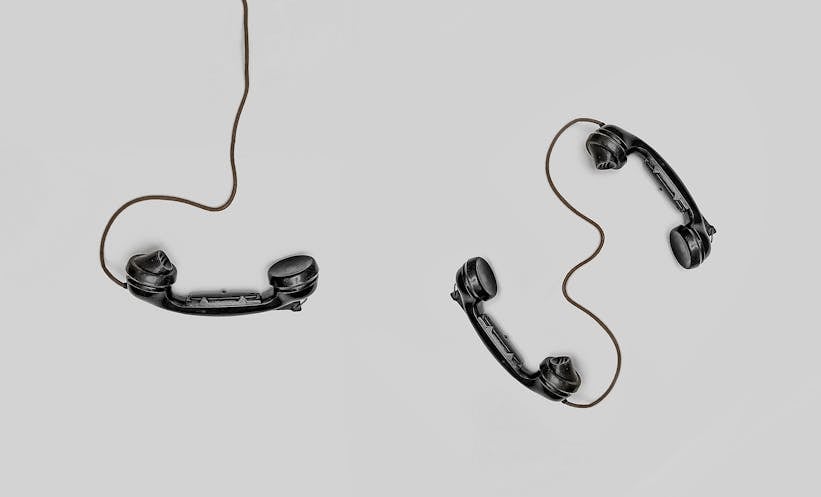A RECENT trial has highlighted the power of empathy in managing uncontrolled diabetes, showing that phone calls from laypersons significantly improved glycaemic control among participants.
The parallel-arm superiority trial involved 260 patients with uncontrolled diabetes. Participants receiving phone support saw their HbA1c levels drop from 10% to 9.3% over six months, compared with a near-static change in the control group (9.8% to 9.7%).
The impact was particularly pronounced among patients with baseline depressive symptoms, measured via the 9-item Patient Health Questionnaire (PHQ-9). For these patients, HbA1c levels dropped by 1.1% in the intervention group, while the control group experienced a slight increase of 0.1%.
These reductions are on par with improvements achieved through psychological interventions like cognitive behavioural therapy, according to the new research.
The programme’s uniqueness lay in its patient-centred approach. Lay callers, with just eight hours of training, initiated unscripted conversations, allowing patients to steer discussions. Topics ranged from personal interests to diabetes management frustrations, fostering trust and autonomy. Participants averaged 20 calls, totalling six hours, over the trial period, with calls continuing at patient-preferred frequencies.
The team noted this approach circumvented barriers to traditional behavioural health services, particularly for socioeconomically disadvantaged groups. “Starting with the patients on their own terms may have increased their sense of autonomy, enabling healthy lifestyle changes aligned with personal preferences,” the authors explained.
Participants also received two personalised gifts, such as a yoga mat or cookbook, further enhancing engagement.
Experts in the field praised the trial’s focus on social support, calling it a critical component of diabetes care.
While the short six-month follow-up was a limitation, the study points to promising avenues for replication and expansion. With 91.7% of participants finding the programme highly beneficial, researchers anticipate exploring its potential for sustained, long-term impacts on diabetes management.
Reference
Kahlon MK et al. Glycemic Control With Layperson-Delivered Telephone Calls vs Usual Care for Patients With Diabetes. JAMA Netw Open. 2024;7(12):e2448809.








